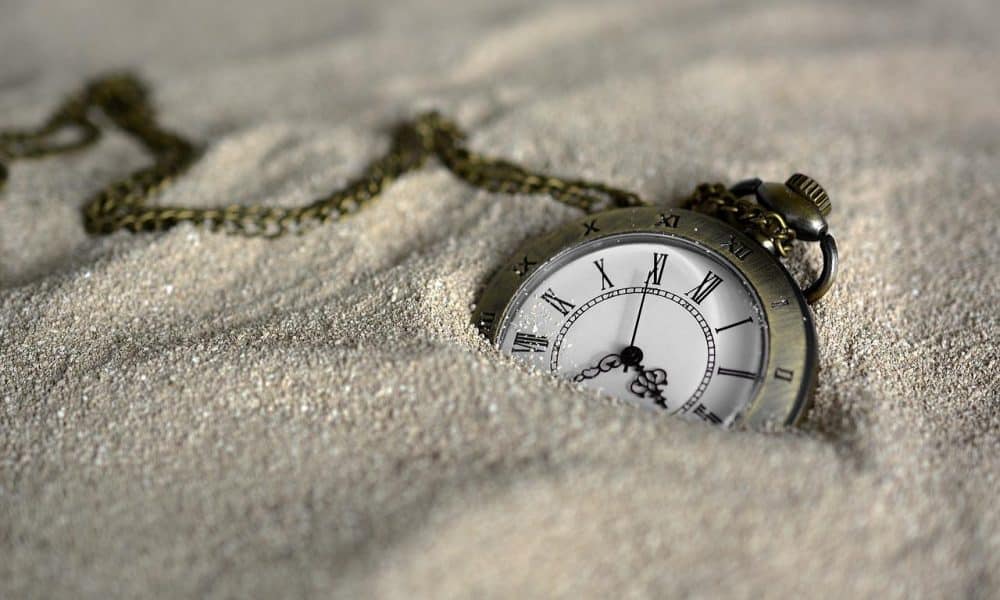How long would you be willing to HODL Bitcoin [BTC] if you bought or already own some? Bitcoin has historically proved that long-term HODLing guarantees some level of success.
According to the analytic firm Glassnode, the number of Bitcoin lost or HODLed for the last 21 months is currently at 7.45 million Bitcoin.
This means roughly 38% of Bitcoin’s current circulating supply has not been moved for almost two years.
📈 #Bitcoin $BTC Amount of HODLed or Lost Coins just reached a 21-month high of 7,456,552.392 BTC
Previous 21-month high of 7,456,375.793 BTC was observed on 28 August 2022
View metric:https://t.co/dJK8rxBVD3 pic.twitter.com/AE7OOLf3Tj
— glassnode alerts (@glassnodealerts) September 1, 2022
Unfortunately, anyone who bought Bitcoin 21 months ago would only be in profit by a small margin at its current price level.
This is because Bitcoin traded in the $17,000 price range 21 months ago, compared to its press-time price of $19,726. However, these HODLers have contributed greatly to Bitcoin’s current level.
The 7.45 million is worth roughly $230 billion at current market value. This means that Bitcoin has a hard floor of roughly $12,000 assuming that the same hodlers do not sell if everyone else sells.
One way to look at the HODL duration is that those that bought near the current level are opting to hold for the long term.
Understanding the HODL mentality
If we consider Bitcoin’s 70.8% drawdown from its all-time high (ATH), then buyers have an incentive to HODL in anticipation of future gains.
The fact that 38% of the HODLed BTC has not been moved further stresses this opinion since the price is also currently close to its 21 –month high.
Bitcoin has historically retested and surpassed its previous highs. The same is expected for the next major bull run.
As a result, many traders are opting to HODL after buying especially as the discount grows bigger.
Bitcoin’s realized HODL (RHODL) ratio also confirms that many traders prefer to HODL the king coin at its prevailing price range.
The ratio evaluates Bitcoin’s 1-week and 1-year supply wave bands. A high value indicates that new HODLers control most of the supply. On the other hand, a low ratio confirms that older HODLers control most of the supply.
Bitcoin’s RHODL ratio has been at its lowest level in the last two years. Long-term HODLers thus control most of BTC’s supply and this is a healthy sign for its macro outlook.


